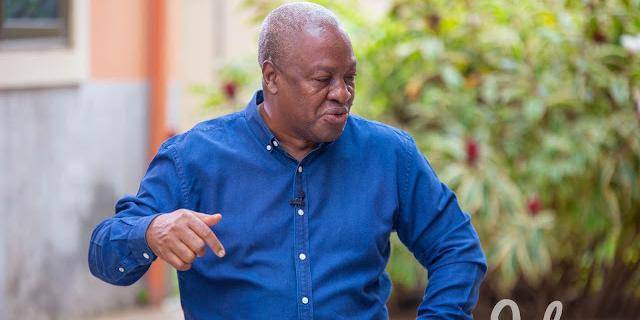In the wake of a landmark electoral turnaround, Ghana now finds itself at a critical crossroads. With former President John Mahama sworn in as the nation’s leader following a stunning 2024 election victory, the country’s political landscape is buzzing with a mix of bold reform initiatives, institutional clashes, and a determined call for accountability.
A New Mandate to Fight Corruption
Central to the new administration’s agenda is a sweeping anti-corruption drive sparked by the recent submission of the ORAL (Operation Recover All Loots) report. This report, which outlines billions in potential recoveries, has prompted President Mahama to waste no time. In a decisive move, he has instructed the Attorney-General to launch immediate investigations into alleged mismanagement and corruption across several state entities. By signaling a zero-tolerance approach toward the misappropriation of public funds, the president is laying the groundwork for a government that aspires to restore public trust and rebuild institutional integrity.
“This is not just about recovering lost funds—it’s about restoring the very foundation of our democracy,†Mahama declared, emphasizing that the fight against corruption is essential for Ghana’s socio-economic transformation.
Parliamentary Upheaval and Constitutional Battles
Yet, the path to reform is anything but smooth. Political tensions have reached a boiling point in Parliament following a controversial ruling by Speaker Alban Bagbin. In a move that polarized lawmakers, the Speaker declared four parliamentary seats vacant after defections ahead of the new term—a decision that has since been rebuked by the judiciary. The Supreme Court ruled the Speaker’s action unconstitutional, marking a dramatic intervention that underscores the complex balance between executive ambitions and parliamentary prerogatives. Critics argue that such power plays threaten to undermine constitutional norms, while supporters claim they are necessary to enforce accountability and discipline within the legislature.
This clash over institutional authority has not only deepened the political divide but also sparked heated debates among civil society groups and opposition parties, all calling for a more transparent and principled approach to governance.
Bold Economic Initiatives Amid External Pressures
Amid these domestic political battles, the new government is also rolling out ambitious economic reforms. Efforts to transition to a 24-hour economy—highlighted by the overhaul of passport services and foreign missions—aim to boost efficiency and restore confidence in Ghana’s economic management. These initiatives come at a time when external challenges, such as the recent USAID funding freeze, have put additional pressure on the state’s finances. By proactively addressing these issues, President Mahama’s administration hopes to stimulate growth, reduce dependency on external aid, and create a more resilient economic framework for the future.
Public Outcry and the Road Ahead
The rapid pace of change has energized many Ghanaians, while also igniting public debates over the best path forward. Across the country, citizens and activists have taken to the streets to demand greater transparency, improved service delivery, and an end to the culture of impunity that has long plagued public institutions. Observers note that this renewed spirit of civic engagement could be the catalyst for a more participatory democracy—if the government can successfully navigate the turbulent waters of institutional reform.




No comments yet
Be the first to share your thoughts!